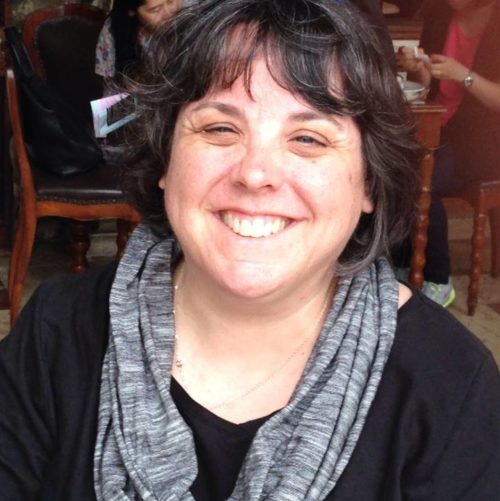Yesterday, January 17th, was the birthday of Anne Brontë. Born in 1820, Anne was the youngest of the famous Brontë siblings–and like her sisters, Charlotte and Emily, Anne wrote poetry and prose, including two novels: Agnes Gray and The Tenant of Wildfell Hall. The latter is a particularly powerful indictment of patriarchal systems, but it is also a tremendous testament to Christian love and forbearance. If Anne had been the member of any other family, she’d undoubtedly be better known today. Unfortunately, literary history long had room for two Brontës at the most, and Anne was relegated to being known as “the other Brontë” until very recently, when she has been enjoying a bit of a renaissance.
Of the three sisters, Anne was the one who worked the longest (and in the most dire circumstances) as a governess. Unlike her sisters, she did not get to go abroad for further education, but continued plugging away at work to support the family. She was deeply thoughtful about theology and engaged with questions of theodicy, appropriate in a life of almost constant struggle and loss, begun with the death of the Brontës’ mother when Anne was only a toddler and followed only a few years later by the deaths of the two oldest Brontë sisters, Elizabeth and Maria. More challenges filled Anne’s life until her own early death at 29 of tuberculosis (probably contracted from her brother Branwell and her sister Emily, who both died in the year immediately before her own passing).
When the sisters decided to publish their poems in 1846, Anne included her portion in the collection. In honor of her birthday, I share this wonderfully honest poem that articulates something still very current: chronicling lament and love, despair and disappointment, struggle and service–but a service not for some time when all is calm and bright, but in the very difficult now. At the end of her life, Anne Brontë acknowledged the cost of her calling as she whispered to Charlotte, who would now have to go on alone sibling-less, “take courage, Charlotte, take courage.” A good and necessary word then and for a new year, too.
"I hoped, that with the brave and strong..." I hoped, that with the brave and strong, My portioned task might lie; To toil amid the busy throng, With purpose pure and high. But God has fixed another part, And He has fixed it well; I said so with my bleeding heart, When first the anguish fell. Thou, God, hast taken our delight, Our treasured hope away: Thou bid'st us now weep through the night And sorrow through the day. These weary hours will not be lost, These days of misery, These nights of darkness, anguish-tost, Can I but turn to Thee. With secret labour to sustain In humble patience every blow; To gather fortitude from pain, And hope and holiness from woe. Thus let me serve Thee from my heart, Whate'er may be my written fate: Whether thus early to depart, Or yet a while to wait. If Thou shouldst bring me back to life, More humbled I should be; More wise—more strengthened for the strife— More apt to lean on Thee. Should death be standing at the gate, Thus should I keep my vow: But, Lord! whatever be my fate, Oh, let me serve Thee now!

